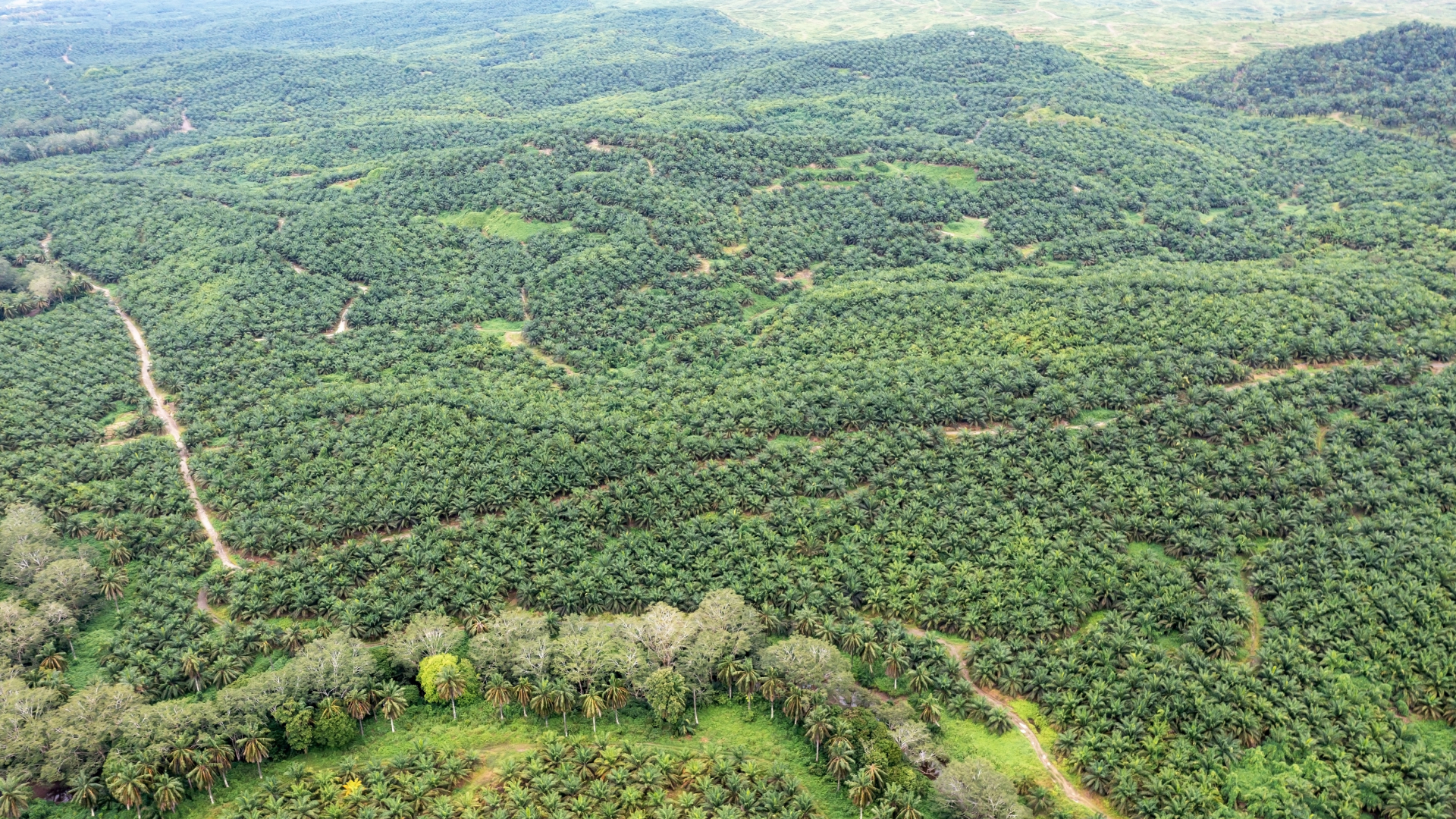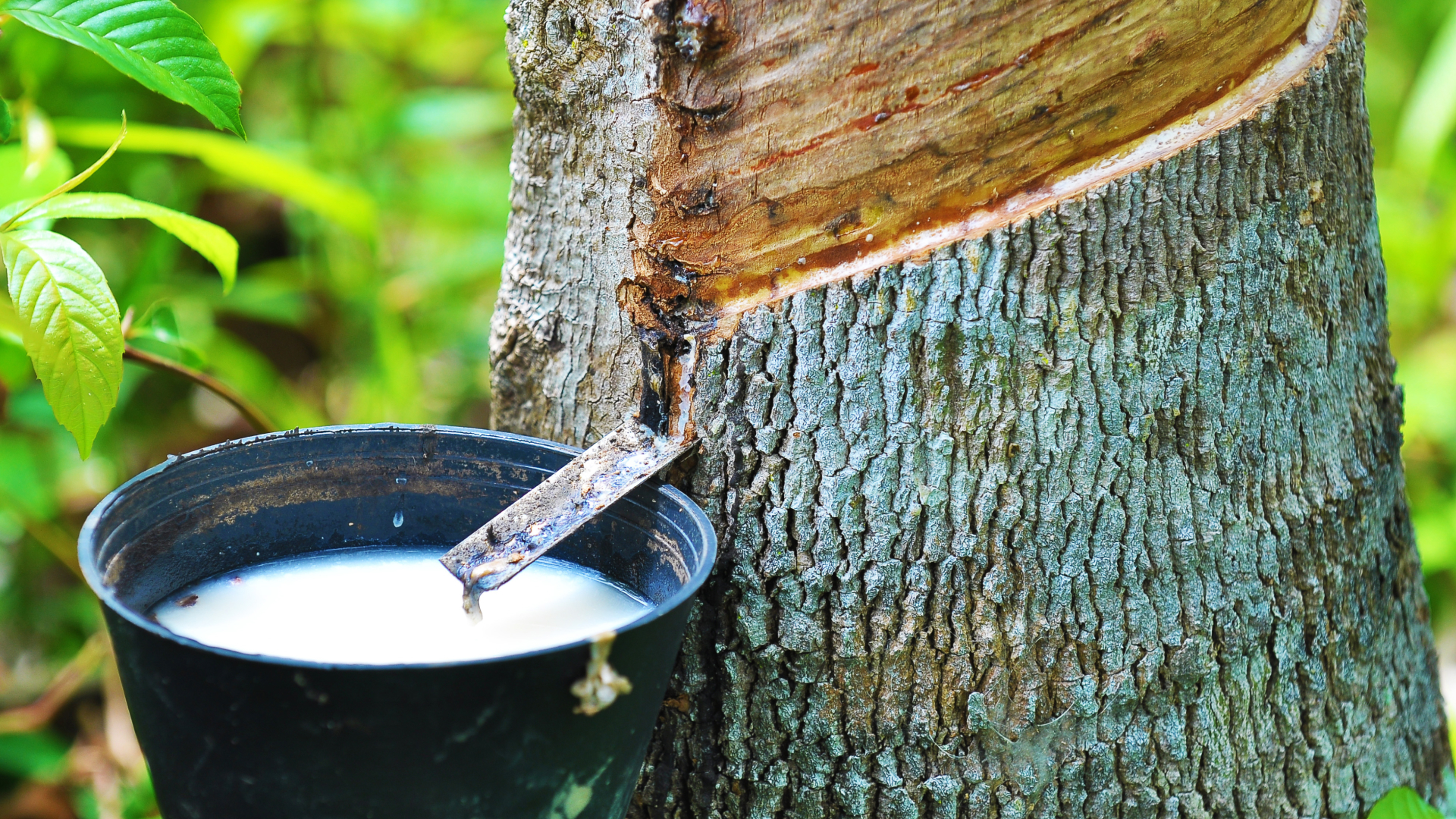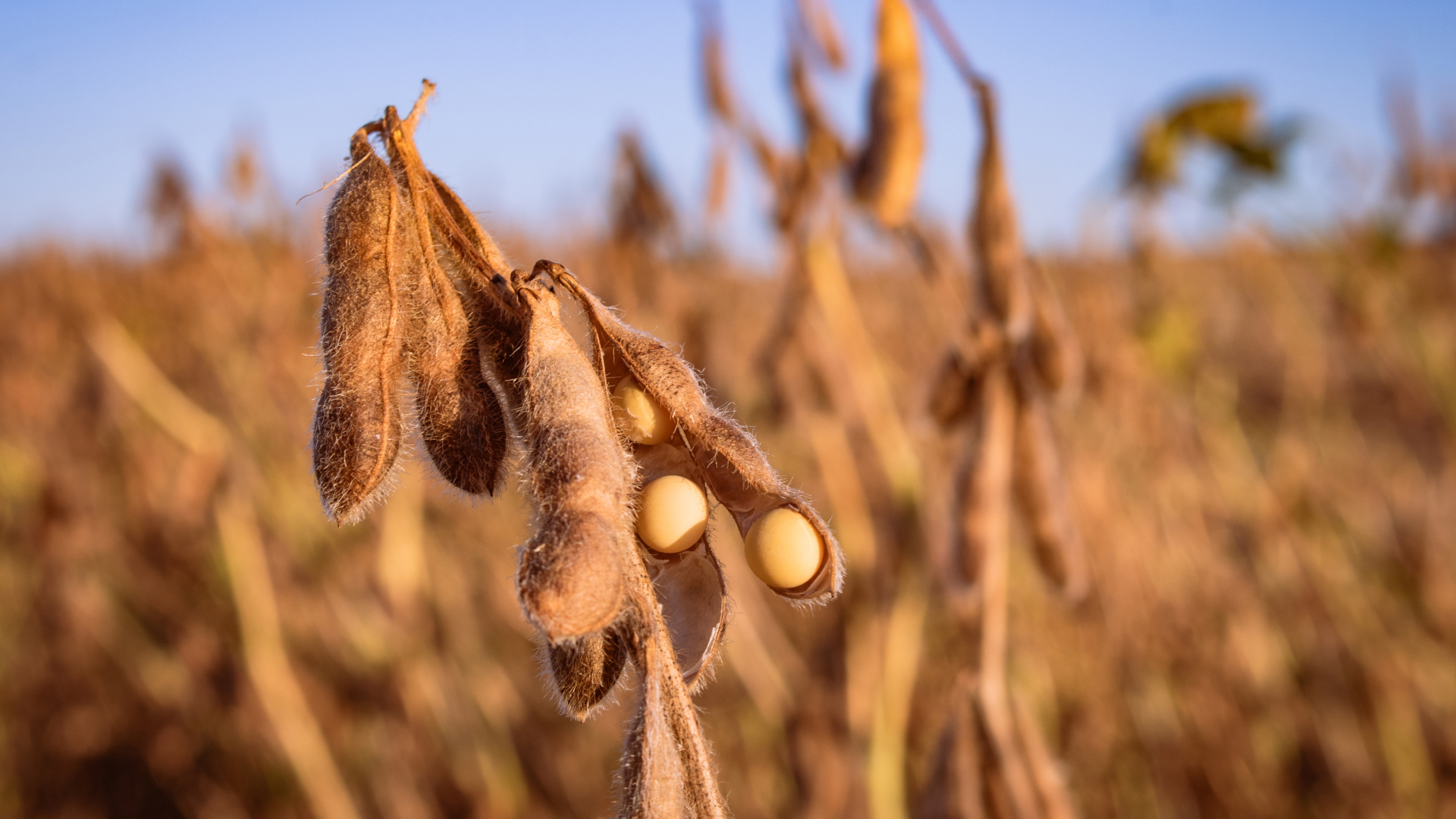EUDR Commodities
Seven specific commodities and derived products listed in Annex I of the regulation
EUDR and the Fight Against Deforestation: Regulating Key Commodities
The EU’s significant role as a global importer of deforestation-related commodities is striking. Research shows that the EU is the second largest importer of commodities linked to tropical deforestation and associated emissions, after China. This demand underscores the EU’s significant environmental footprint and highlights the urgent need for transformative action to address the environmental impacts of its economic activities.
Forests, particularly tropical rainforests, play a critical role in regulating the global climate, absorbing carbon dioxide and conserving biodiversity. However, rising global demand for commodities such as soy, palm oil and cattle has led to widespread deforestation, threatening ecosystems and accelerating climate change. The EU’s adoption of the EU Deforestation Regulation (EUDR) is a strong response to these challenges and reflects the EU’s commitment to reducing environmental degradation and promoting sustainable trade practices.
To address the environmental impacts of economic activity, the EUDR prohibits the placing on the market or export of regulated goods and products unless they meet strict due diligence criteria aimed at preventing deforestation. These criteria require companies to demonstrate that the production of these goods does not contribute to deforestation or forest degradation.
Which Commodities and Products Does the EUDR Regulate?
The EU Deforestation Regulation (EUDR) sets out mandatory due diligence requirements for seven key commodities and their derivatives, as detailed in Annex I of the Regulation. These commodities include soy, palm oil, wood, coffee, cocoa, cattle and rubber, as well as derived products such as chocolate, leather and printed paper. The inclusion of derived products in the EUDR significantly broadens its scope. For example, goods such as chocolate, leather and printed paper fall under its requirements because of their link to regulated commodities. However, the regulation only applies to products listed in Annex I. Products not listed in Annex I, such as soap containing palm oil, are exempt from the regulation, highlighting the nuanced boundaries of its applicability.
By targeting commodities linked to deforestation and their derived products, the EUDR aims to reduce the loss of tropical forests and the EU’s contribution to climate change. This regulatory framework not only affects companies across industries, but also sets a precedent for responsible global trading practices.
The Broader Impact of the EUDR
By targeting commodities linked to deforestation and their derived products, the EUDR aims to curb the loss of tropical forests and reduce the EU’s contribution to climate change. Deforestation is a leading cause of biodiversity loss and a major driver of greenhouse gas emissions. Halting deforestation within supply chains is, therefore, a crucial step in the fight against climate change and environmental degradation.







